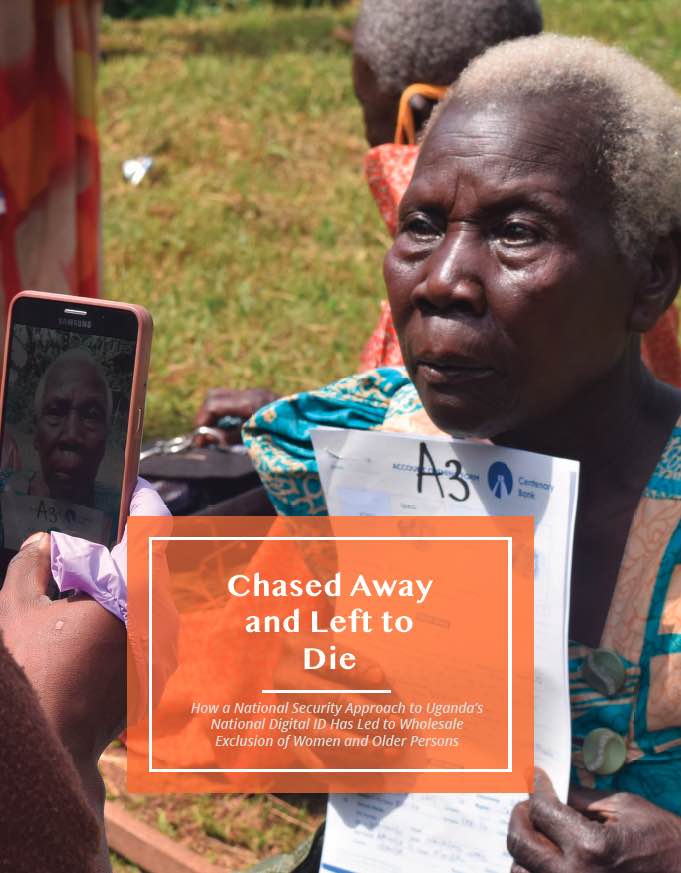Privatization of the bus sector in England outside London, Scotland, and Wales has delivered a service that is expensive, unreliable, and dysfunctional, said New York University human rights expert, Philip Alston, in a new report. The former UN Special Rapporteur criticized the government’s new national bus strategy for England, which he said merely tinkers with the existing system, offering ineffective half measures that fail to address the structural cause of the country’s bus crisis.
The 38-page report finds that many people have lost jobs and benefits, faced barriers to healthcare, been forced to give up on education, sacrificed food and utilities, and been cut off from friends and family because of a costly, fragmented, and inadequate privatized bus service that has failed them.
“Over the past 35 years, deregulation has provided a master class in how not to run an essential public service, leaving residents at the mercy of private actors who have total discretion over how to run a bus route, or whether to run one at all,” said Philip Alston, who authored the report with Bassam Khawaja and Rebecca Riddell, Co-directors of the Human Rights and Privatization Project at NYU’s Center for Human Rights and Global Justice. “In case after case, service that was once dependable, convenient, and widely-used has been scaled back dramatically or made unaffordable.”
The UK government imposed an extreme form of privatization and deregulation on the bus sector in England outside of London, Scotland, and Wales in 1985, arguing a year earlier that competition would deliver “a better service to the passenger at less cost.” More than three decades later, the promised benefits have not materialized and the current service is grossly inadequate.
Researchers spoke to passengers in England, Scotland, and Wales who described a broken system of fragmented services, disappearing routes, reduced frequency, poor reliability, falling ridership, limited coverage, inefficient competition, and poor information. Average fares have skyrocketed, rising 403 percent in England since 1987, while ridership has plummeted, falling an estimated 38 percent in England outside of London between 1982 and 2016/17.
“Private companies understandably prioritize profits rather than the public good, extracting money from the system while cutting unprofitable but necessary routes,” said Khawaja. “The public has effectively become an insurer of operator profits, propping up private services with considerable subsidies.” Despite privatization, the government provides billions of pounds in funding for bus services annually, accounting for more than 40 percent of funding for bus services in England, and has allocated hundreds of millions more to support private operators during the COVID-19 pandemic.
Bus service failures have restricted access to work, education, healthcare, and food. This has been especially severe for low-income people or those in poverty, as well as those in rural areas, older people, women, and people with disabilities. Inadequate transport systems also jeopardize individuals’ ability to take part in society and cultural life. And because bus services are operated by effectively unaccountable private companies, those impacted often have little meaningful recourse.
“The absence of a strong public bus system affects a great many people’s economic opportunities, but also their means to participate in their communities, travel to football matches or libraries, and visit family and friends,” Alston said.
Buses provide an essential service and account for some 4.5 billion journeys per year in England, Scotland, and Wales—the majority of all journeys on public transportation. More people commute to work by bus than all other forms of public transportation combined. They also boost economic growth, enable access to basic rights, alleviate poverty, and reduce congestion and greenhouse gasses.
The United Kingdom has international human rights obligations directly related to transportation. Physical accessibility is an essential component of many economic and social rights, but also civil and political rights such as the right to vote, to freedom of religion, and to assembly. Many residents’ ability to exercise these rights is directly contingent on access to a reliable and affordable bus service. Parliament should legislate minimum standards of transportation that UK residents can depend on, instead of leaving it up to the vagaries and predations of the market, Alston said.
Alston and his co-authors called on the governments of England, Scotland, and Wales to cease relying on private actors and market forces to determine access to such a vital service, adopt public control of bus transport as the default system, and provide the necessary financial and political support to local authorities pursuing public control or ownership of bus services.
“Unlike the current system, public control or ownership would allow for reinvestment of profits, integrated networks, more efficient coverage, simpler fares, consistency with climate goals, and public accountability,” said Riddell. “It’s also a more cost effective approach.”
“The United Kingdom is one of the wealthiest countries in the world, and can afford a world-class bus system if it chooses to prioritize and fund it,” Alston said. “Instead, the government has outsourced responsibility for a vital public service, propping up an arrangement that prioritizes private profits and denying the public a decent bus.”



